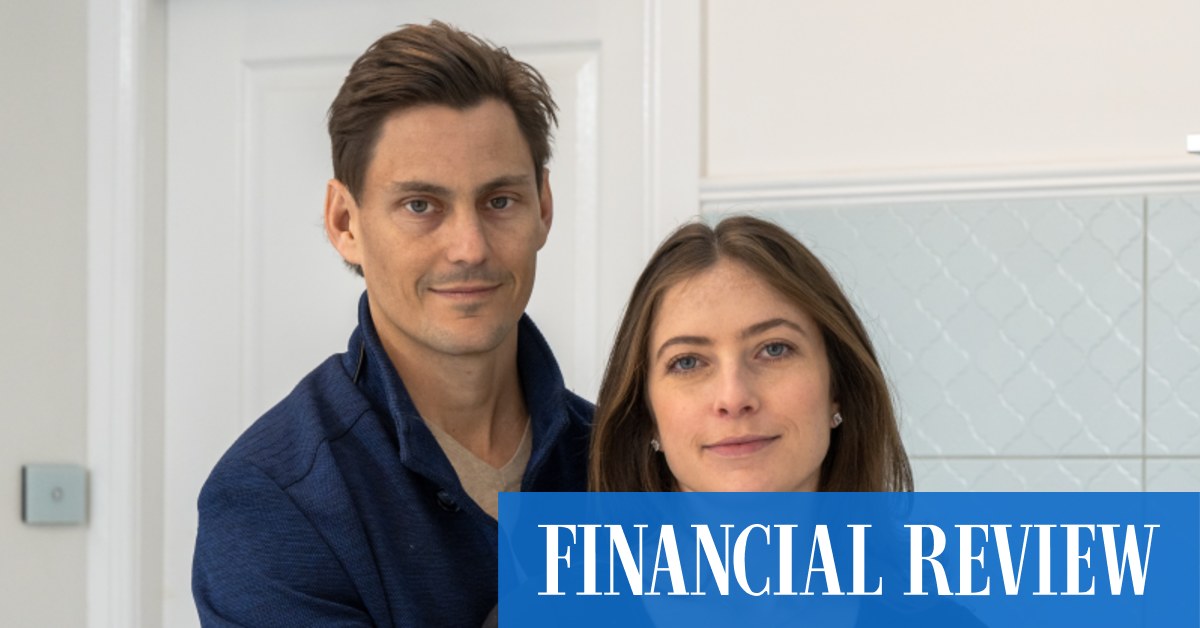Retail sales are 12 per cent higher over the year to June. Data due on Wednesday will show how much of the recent strength owes to higher prices rather than consumers buying more goods.
“There are some people who through COVID lost their job, lost their car, and ended up in a worse financial position,” Ms Timbrell said.
‘Helping spending stay a lot stronger’
“But there were also a lot of people who stayed home, got essentially a discount on their mortgages through low cash rates and ended up with more money than they would have had if COVID had never happened.
“That second group is helping spending stay a lot stronger than it would be under these cost of living pressures.”
Ms Timbrell said a pullback in spending was likely later in the year, at which point households would cut back on discretionary purchases such as cars and furniture.
“One thing we saw through COVID was lots of people purchasing cars and renovating their homes – those big things tend to be the first things to go,” she said.
“We’ve also seen a real increase in dining and takeaway spending. We’re seeing some real increases in clothing and fashion spending. These kinds of discretionary items also may have not as good of a time under a pullback in total spending.”
Lower economic growth
The slowdown in consumer spending will feed into lower economic growth, which the RBA is forecasting to average just 1.75 per cent over next year and 2024.
Surveyor Daniel Jung and solicitor Dominique Salvestrin are among the Australian families concerned about the effects of high inflation and rising interest rates.
“We’re making a conscious effort to cut back on dining out,” Ms Salvestrin said. “We’re eating more meals at home and doing extra food preparation.”
The couple just settled on their first home in Orange, NSW, and are worried prices will start to fall as interest rates rise.
The RBA raised rates multiple times during their settlement period and attempts to fix their home loan rate have faced delays.
“Because of interest rate rises, we are certainly more aware that any potential savings we would have at the end of the year will be significantly decreased than what we would have had otherwise,” Ms Salvestrin said.
“The effect of that on our budget is that we have less long-term financial security.”
The couple are “scrupulous” with how they manage their money. But they are also dealing with the extra costs associated with having a newborn child, Giustina.
“With a newborn, it’s quite important to keep the house warm, so with the increased costs of electricity and gas that will affect the budget as well,” Mr Jung said.
JPMorgan’s Bryan Raymond said there was not much evidence that higher interest rates and cost of living pressures had caused a slowdown in consumer spending. But the retail analyst expects households to start pulling back by the end of the year.
“If your view was the consumer is doing it really tough, you’d expect people to trade down into lower price, lower quality items, or buy less, but we aren’t seeing that yet,” he said.
Mr Raymond also expects a slowdown from the end of this year, with a through somewhere around March next year.
He expects the largest falls to be in housing-related categories such as furniture, electronics, hardware and clothes.
